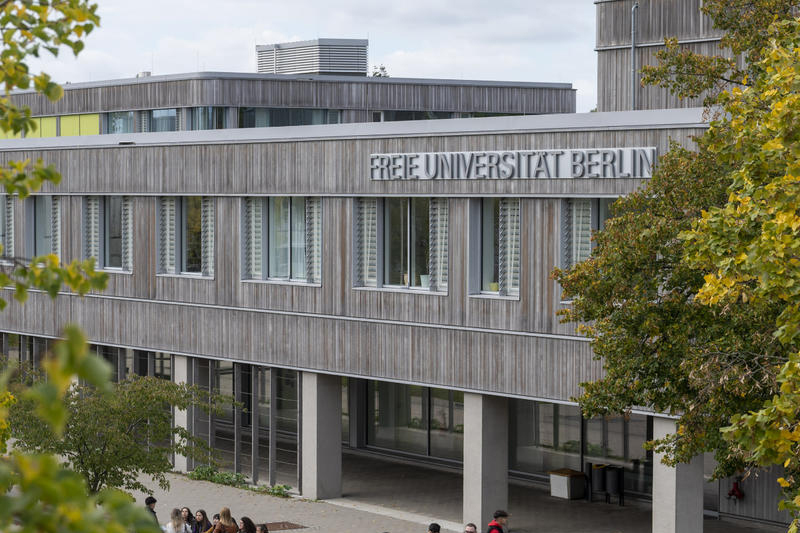
In early February, an alarming occurrence happened at Freie Universität Berlin, one of the city’s most conspicuous open colleges.
In early February, an alarming occurrence happened at Freie Universität Berlin, one of the city’s most conspicuous open colleges. A 30-year-old Jewish student was hospitalized after being subjected to an ambush by another student. This assault, categorized as politically propelled and antisemitic by Berlin specialists, underscored the swell impacts of the Israel-Palestine strife on European soil. Reacting to the criticalness of the circumstance, Germany’s antisemitism commissioner called upon the university’s authority to require an unfaltering stand against antisemitism and prioritize the security and well-being of all students.
Government Measures and Law Authorization
Berlin has executed a multi-faceted approach to combat antisemitism, including different levels of administration and law authorization. At the state level, committed authorities, counting a common commissioner for antisemitism, work resolutely to address and anticipate acts of contempt. Furthermore, specialized units inside the police constrain and indictment office center on exploring and indicting antisemitic crimes. These organizations keep up near ties with Jewish communities and organizations, guaranteeing a facilitated reaction to antisemitic occurrences. In March, a collaboration with Winfrid Wenzel, the antisemitism commissioner for the Berlin Police Office, was made highlighting the collaborative endeavors between law authorization and community partners. Wenzel’s part includes not only encouraging the acknowledgment and recording of antisemitic occurrences but also building belief inside Jewish communities toward the police constrain.
Educational Activities and Strategies
Education stands as a foundation in the battle against antisemitism. Worldwide rules emphasize the basic part of instructive teaching in tending to predisposition and bias. The European Commission against Racism and Intolerance stresses the significance of preparing instructive teaching to successfully react to antisemitic events and cultivate understanding among students. So also, the German government’s strategy against Antisemitism and for Jewish Life emphasizes education as an imperative apparatus in anticipating antisemitism. Recognizing this, Berlin’s state government has vowed to heighten endeavors in collaboration with universities to guarantee the security of Jewish students. This incorporates improving security measures on campuses and making comprehensive instructive situations that effectively combat separation.
University Actions and Future Steps
In reaction to the later occurrence, Freie Universität Berlin has taken conclusive action by incidentally forbidding the charged culprit from campus for a preparatory three-month period. Whereas this quick reaction is commendable, broader regulation endeavors are essential to develop belief and guarantee the security of Jewish students. German colleges must designate committed contact people for antisemitism, raise mindfulness around different shapes of separation on campus and effectively advance comprehensive stages for discourse and shared learning. By grasping these activities, colleges can make situations where all students feel secure, regarded and empowered to combat antisemitism and segregation successfully.
This comprehensive approach, including administrative, law requirement, educational and regulation activities, speaks to a united exertion to combat antisemitism and advance inclusivity in Berlin colleges. By tending to the root causes of hatred and cultivating understanding and compassion among students, Berlin aims to make a more secure and more tolerant scholastic environment for all.







